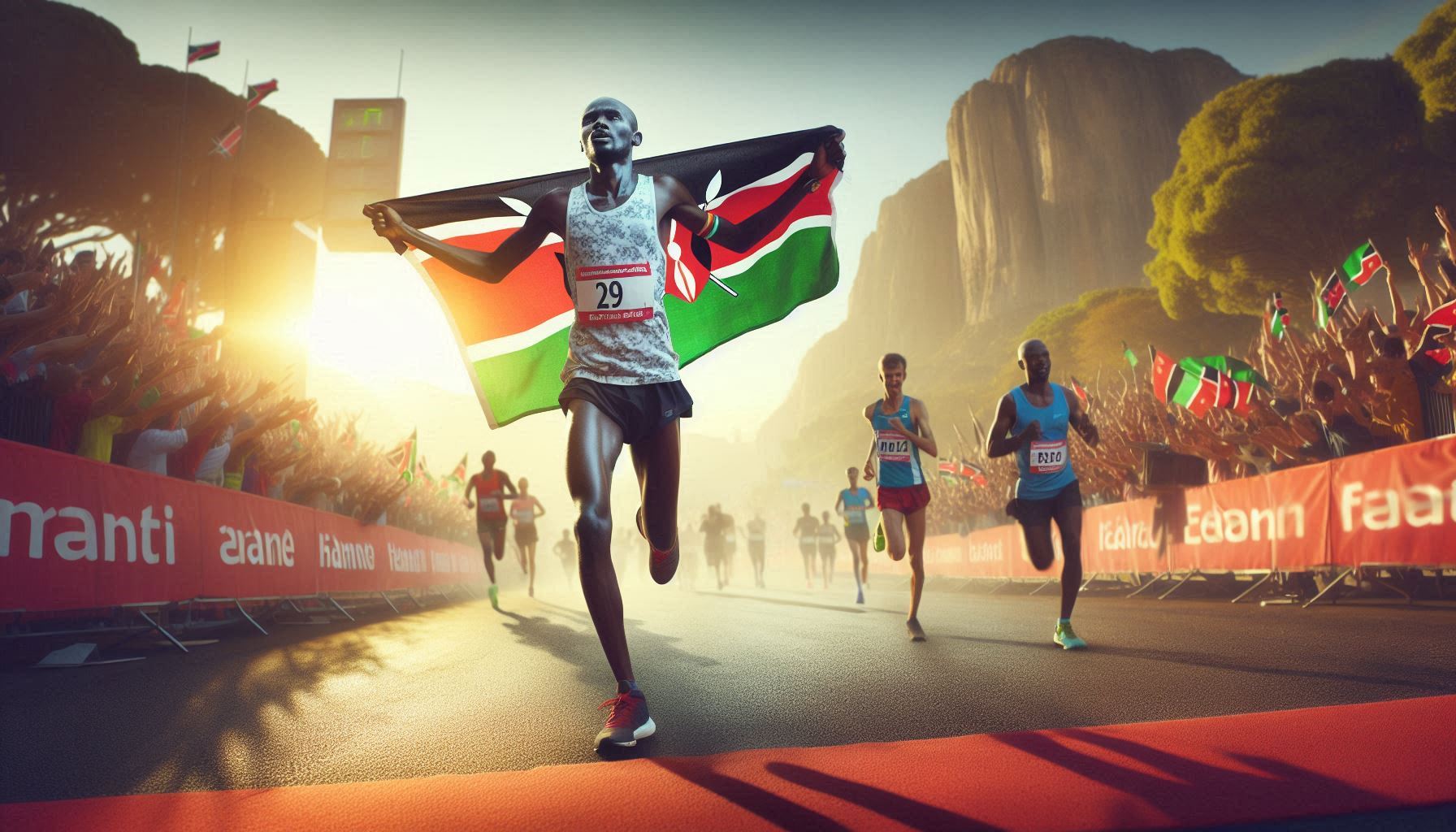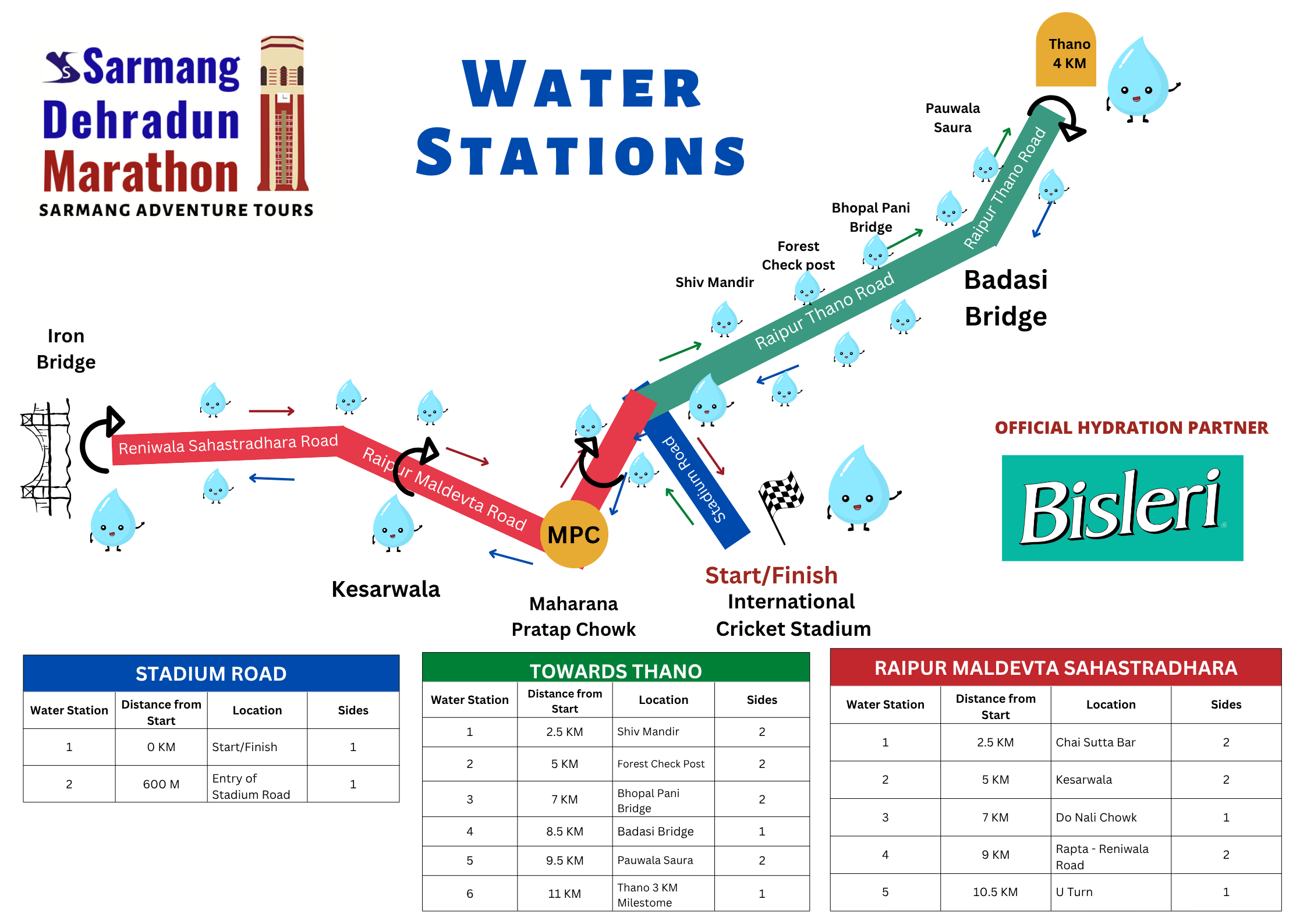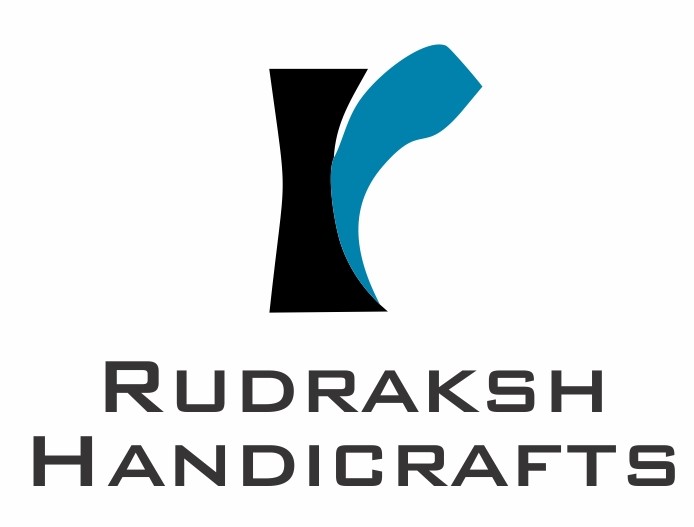The History of the Marathon: From Ancient Greece to Modern Day
Introduction
The marathon, a long-distance running event with an official distance of 42.195 kilometers (26.219 miles), has a storied history that spans from ancient Greece to the modern-day global phenomenon it is today. This article delves into the origins, evolution, and contemporary significance of the marathon, highlighting key moments and figures that have shaped its legacy.
Ancient Beginnings: The Legend of Pheidippides
The marathon’s origins are rooted in ancient Greece, specifically in the legend of Pheidippides. According to historical accounts, in 490 BCE, Pheidippides, a Greek messenger, was sent from the battlefield of Marathon to Athens to announce the Greek victory over the Persians. He is said to have run approximately 40 kilometers (25 miles) without stopping, delivered the message "Nenikēkamen" (We have won), and then collapsed and died from exhaustion. This tale, though partly mythological, symbolizes the endurance and spirit associated with the marathon.
The Birth of the Modern Marathon: Athens 1896
The modern marathon was born with the revival of the Olympic Games in 1896, spearheaded by Pierre de Coubertin. Inspired by the legend of Pheidippides, the organizers of the first modern Olympics included a long-distance race from Marathon to Athens. The inaugural marathon was won by Greek runner Spyridon Louis, who completed the course in 2 hours, 58 minutes, and 50 seconds. This event marked the beginning of the marathon as a competitive sport.
Early Development: Boston Marathon and Beyond
The Boston Marathon, first held in 1897, is the oldest annual marathon in the world. Established by the Boston Athletic Association, it quickly became a prestigious event, attracting runners from around the globe. The race has been a pioneer in many aspects, including becoming the first major marathon to include a women’s division in 1972.
Throughout the early 20th century, the marathon distance varied until the 1908 London Olympics, where the distance was standardized to 42.195 kilometers. This specific distance was chosen to accommodate the British royal family, who wanted the race to start at Windsor Castle and finish in front of the royal box at the Olympic Stadium.
The Marathon Boom: 1970s and 1980s
The 1970s and 1980s saw a significant increase in marathon participation, often referred to as the "running boom." This period was characterized by a surge in amateur running, fueled by influential figures such as Frank Shorter, who won the gold medal in the marathon at the 1972 Munich Olympics, and the publication of books like Jim Fixx’s "The Complete Book of Running."
Major city marathons like the New York City Marathon (established in 1970) and the London Marathon (established in 1981) played crucial roles in popularizing the sport. These events not only attracted elite athletes but also encouraged mass participation, making the marathon accessible to people of all ages and abilities.
Women's Marathon: Breaking Barriers
The inclusion of the women’s marathon in the 1984 Los Angeles Olympics was a landmark moment in marathon history. Joan Benoit of the United States won the gold medal, symbolizing the progress of gender equality in sports. Before this, women faced significant barriers in long-distance running. For instance, Kathrine Switzer famously challenged the status quo by becoming the first woman to officially run the Boston Marathon in 1967, despite attempts to physically remove her from the course.
Contemporary Marathons: Diversity and Inclusion
Today, marathons are held in cities around the world, each with its unique charm and challenges. The World Marathon Majors, a series that includes Tokyo, Boston, London, Berlin, Chicago, and New York City marathons, represents the pinnacle of marathon running, attracting top athletes and massive crowds.
Modern marathons emphasize diversity and inclusion, with various categories and accommodations for differently-abled athletes. Events like the Paralympic marathon showcase the extraordinary achievements of athletes with disabilities, while charity runs and community-focused marathons highlight the social impact of the sport.

Technological Advances and Records
Technological advancements have significantly impacted marathon training and performance. Innovations in running gear, nutrition, and training methodologies have pushed the boundaries of human endurance. The quest for faster times has led to remarkable records, such as Eliud Kipchoge's groundbreaking sub-2-hour marathon in 2019 during the INEOS 1:59 Challenge, though not an official race, it demonstrated the potential of human athleticism.
Conclusion
The history of the marathon is a testament to human endurance, determination, and the pursuit of excellence. From the ancient legend of Pheidippides to the high-tech, highly competitive marathons of today, the sport continues to inspire millions worldwide. As we look to the future, the marathon will undoubtedly evolve, but its core essence—a celebration of human potential and resilience—will remain unchanged.











